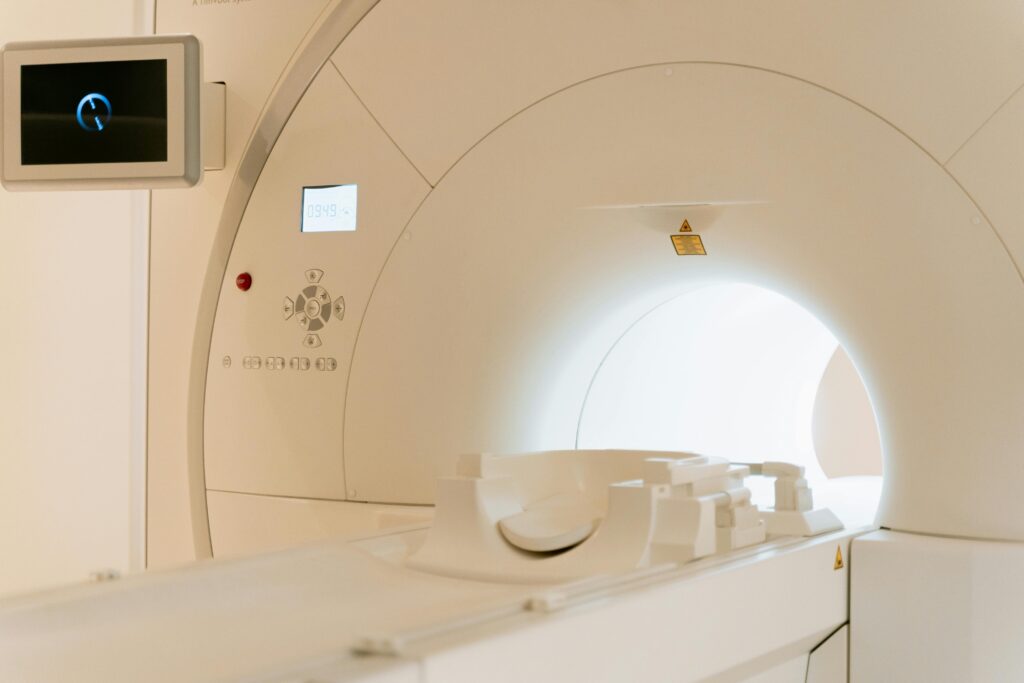Citizen science, a collaborative process where members of the public engage in scientific research, has transformed the landscape of scientific discovery. This movement leverages the collective power of ordinary people to assist professional scientists in gathering data, analyzing results, and making groundbreaking discoveries. The impact of citizen science on major research breakthroughs is profound, fostering a new era of inclusive and participatory science.
Democratizing Data Collection
One of the most significant contributions of citizen science is the democratization of data collection. Traditionally, data gathering has been the purview of trained scientists, often limited by resources and geographic constraints. Citizen science projects, however, enable extensive data collection across vast areas, providing scientists with an abundance of data that would be impossible to gather alone. For instance, projects like eBird, managed by the Cornell Lab of Ornithology, rely on birdwatchers worldwide to submit observations. This massive dataset has allowed ornithologists to track bird migration patterns, understand species distribution, and detect changes in bird populations due to climate change.
Accelerating Environmental Monitoring
Environmental monitoring is another area where citizen science has made substantial contributions. Initiatives such as the Global Learning and Observations to Benefit the Environment (GLOBE) program encourage students and teachers to collect environmental data, including soil, water, and atmospheric measurements. This data is then used by scientists to monitor environmental conditions, track changes over time, and develop predictive models. Citizen scientists’ efforts have been instrumental in identifying harmful algal blooms, tracking pollution levels, and studying the impacts of climate change on local ecosystems.
Enhancing Public Health Research
Citizen science has also played a crucial role in public health research. Projects like Flu Near You invite participants to report flu symptoms, providing real-time data on flu outbreaks. This information helps public health officials track the spread of influenza, identify hotspots, and allocate resources more effectively. Similarly, the Zooniverse project, involving thousands of volunteers, has contributed to understanding diseases such as malaria and dengue fever by analyzing data from mosquito traps and identifying species distribution.
Revolutionizing Astronomy
Astronomy has seen remarkable advancements thanks to citizen science. The Galaxy Zoo project, part of the Zooniverse platform, involves volunteers in classifying galaxies from images taken by telescopes. This project has led to the discovery of previously unknown celestial objects and phenomena, such as the “Green Pea” galaxies. Citizen astronomers have also contributed to the identification of exoplanets through projects like Planet Hunters, where volunteers analyze data from the Kepler Space Telescope to detect planetary transits.
Bridging the Gap Between Science and Society
Citizen science not only advances scientific knowledge but also bridges the gap between science and society. By involving the public in scientific research, it fosters a greater appreciation for science and its role in addressing global challenges. Participants gain hands-on experience and a deeper understanding of scientific processes, which can lead to increased support for scientific endeavors and informed decision-making at the community level.
Empowering Communities
Citizen science empowers communities by giving them a voice in scientific research. Local residents, who may be directly affected by environmental issues, are often best positioned to observe and document changes in their surroundings. Projects like the Community Collaborative Rain, Hail, and Snow Network (CoCoRaHS) engage volunteers in monitoring local weather conditions, providing valuable data for meteorologists and climate scientists. This involvement not only contributes to scientific knowledge but also enhances community resilience and preparedness.
Overcoming Challenges
While citizen science offers numerous benefits, it is not without challenges. Ensuring data quality and accuracy is paramount, requiring robust training and validation protocols. Additionally, maintaining long-term participant engagement can be difficult. However, the continued growth and success of citizen science projects demonstrate that these challenges can be addressed through careful planning and collaboration between scientists and volunteers.
Conclusion
Citizen science is a powerful tool that is contributing to major research breakthroughs across various fields. By harnessing the collective power of the public, it enables extensive data collection, accelerates environmental monitoring, enhances public health research, and revolutionizes astronomy. Moreover, it bridges the gap between science and society, empowering communities and fostering a greater appreciation for scientific endeavors. As citizen science continues to evolve, its potential to drive scientific discovery and address global challenges is limitless.









